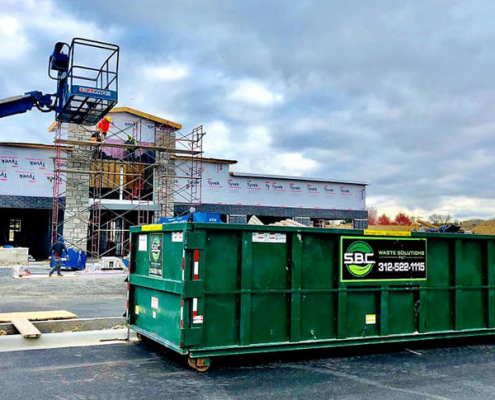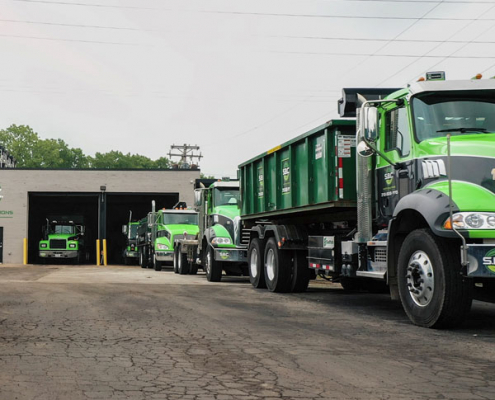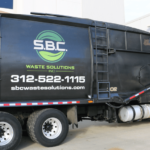How High Gas Prices Affect the Garbage Industry
How High Gas Prices Affect the Garbage Industry
Gas prices affect every aspect of every industry because the global economy is highly dependent on energy. The garbage industry is no exception. Gas is one of the most important factors that empower trash pickup and recycling. Here are some ways in which high gas can affect the garbage industry.
Fuel Prices
One of the most significant consequences of high gas prices on the industry is that it costs more money to fuel the trucks used in residential and commercial garbage collection. Paying more to fill up tanks directly impacts profits because it costs more to perform services, such as recycling and garbage pickup. As a company, SBC has to find creative ways to offset the cost of fuel when gas prices rise.
Equipment Costs
High gas prices also affect equipment costs. When the price of gas is higher, it costs more to manufacture goods because the price of transporting raw materials increases. Steel, rubber, plastic, and other materials are more expensive when gas prices go up, which, in turn, means SBC pays more for important things, such as dumpsters and trucks.
Employees
Gas prices also impact our employees and their families in meaningful ways. High gas prices raise the cost of living in our community. Our employees spend more money driving to work. Because high gas prices have a ripple effect throughout the whole manufacturing industry, our drivers and their families are paying more for food and other consumer goods. This can make their already hard jobs even more stressful.
High gas prices have repercussions for the garbage industry in its entirety. Not only do rising gas prices increase the cost to fuel garbage trucks, it also raises the cost of manufacturing equipment used in waste management, such as recycling bins, rear-load dumpsters, and vehicles.











